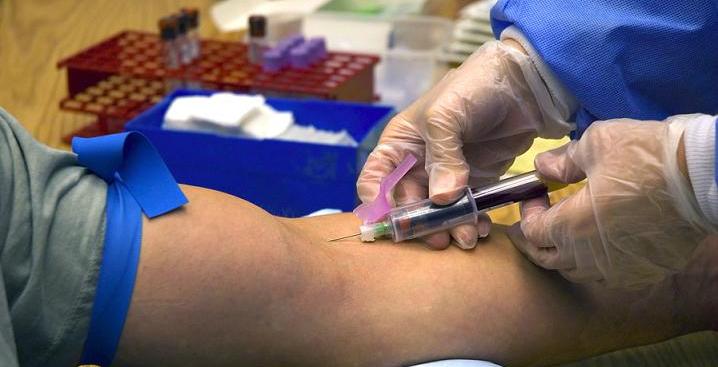Top Phlebotomy Job Requirements: Essential Skills & Qualifications for a Successful Career
Embarking on a career in phlebotomy offers a rewarding chance to contribute to healthcare by collecting blood samples for testing,diagnosis,adn treatment. But what does it take to succeed as a phlebotomist? In this extensive guide, we explore the top phlebotomy job requirements, including essential skills, qualifications, and practical tips that can set you on the path to a thriving medical career. Whether you’re a budding phlebotomist or looking to enhance your existing skill set, understanding these core requirements is crucial for professional growth and success.
Understanding Phlebotomy: An Overview
Phlebotomy involves the practice of drawing blood from patients for laboratory testing, blood donation, or transfusions. This role demands technical expertise, compassion, and attention to detail. The importance of proper blood collection techniques and excellent patient care cannot be overstated in ensuring accurate test results and a positive experience.
Essential Skills for a Successful Phlebotomist
1.Technical Knowledge and Proficiency
Essential understanding of anatomy, blood collection methods, and laboratory procedures is vital. You should be proficient in:
- Proper venipuncture techniques
- Correct use of collection equipment (needles, tubes, tourniquets)
- Labeling and handling specimens carefully
- Adherence to safety and infection control protocols
2. Strong Communication skills
effective communication helps in gaining patient trust and ensures smooth blood collection processes. This includes:
- Explaining procedures clearly and empathetically
- Listening attentively to patient concerns
- Providing reassurance, especially to nervous or anxious patients
3.Attention to Detail
precision in labeling, documentation, and follow-through reduces errors and maintains laboratory accuracy. Be vigilant about:
- Correct patient identification
- Proper handling and storage of samples
- Accurate recording of collection data
4. Interpersonal Skills and compassion
many patients, especially children and the elderly, may feel uneasy. Demonstrating patience, kindness, and professionalism makes a important difference.
5. Physical Stamina and Dexterity
Phlebotomists often stand for extended periods and need steady hands for precise needle insertion.Good hand-eye coordination and physical endurance are essential.
Required Qualifications & Certifications
Educational Requirements
A high school diploma or GED is generally the minimum education needed. Though, specialized training considerably improves job prospects:
- Certificate programs in phlebotomy
- Associate degrees in healthcare-related fields (preferred for advanced roles)
Certification Standards
Most employers prefer or require certification from recognized bodies such as:
- American Society for Clinical Pathology (ASCP)
- National Phlebotomy Association (NPA)
- american Medical Certification Association (AMCA)
Certification frequently enough involves passing an exam and demonstrating competency in blood collection procedures.
Licensing and Regulations
Some states mandate licensure or registration for phlebotomists. Always check local requirements to ensure compliance.
Practical Tips for Aspiring Phlebotomists
- Gain hands-on experience through internships or externships during training programs.
- Continuously update your skills with workshops and new certifications.
- Practice good hygiene and infection control at all times.
- Develop a calm and reassuring demeanor to handle anxious patients effectively.
- Network with healthcare professionals to learn about job opportunities and advancements.
Benefits of a Career in Phlebotomy
- High demand for skilled professionals in various healthcare settings
- Opportunities for career advancement to supervisory or specialized roles
- Relatively short training programs leading to speedy entry into the workforce
- Fair compensation and job stability
First-Hand Experience: A Day in the Life of a Phlebotomist
Emily, a certified phlebotomist with two years of experience, shares her insights:
“Every day brings new challenges and rewards. Building rapport with patients, especially anxious ones, is key. Precision and calmness are my best tools.Continuous learning and certification upgrades keep me confident and competent.”
Conclusion
Starting a career in phlebotomy requires a combination of technical skills, compassionate communication, and proper qualifications. By developing these essential skills and obtaining the right certifications, you position yourself for a successful and fulfilling career in healthcare. Remember, continuous learning and practical experience play crucial roles in advancing your professional journey. Whether you’re just beginning or looking to enhance your skills, understanding these top phlebotomy job requirements will help you achieve your career goals and make a positive impact on patient care.
Interested in pursuing a phlebotomy certification? Explore accredited programs and start your journey toward a rewarding healthcare career today!
